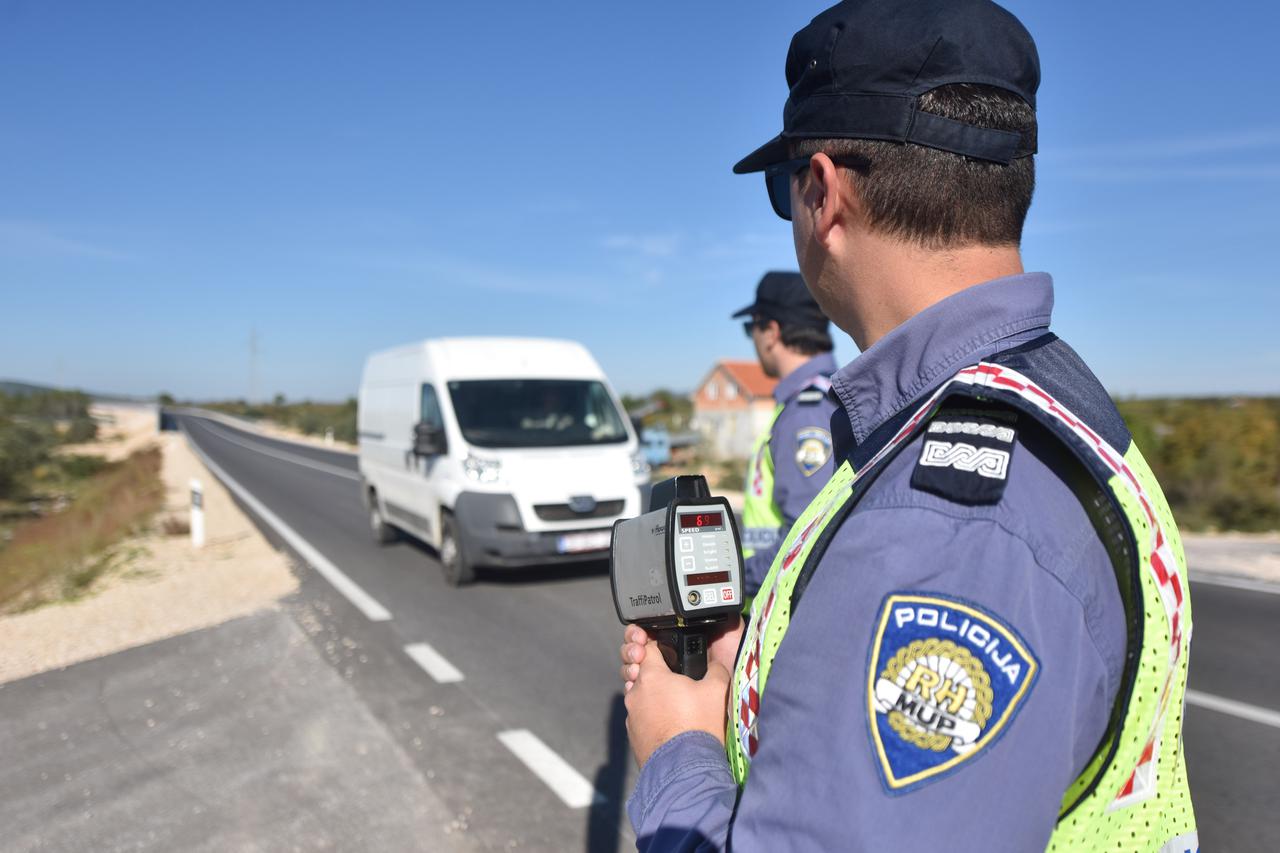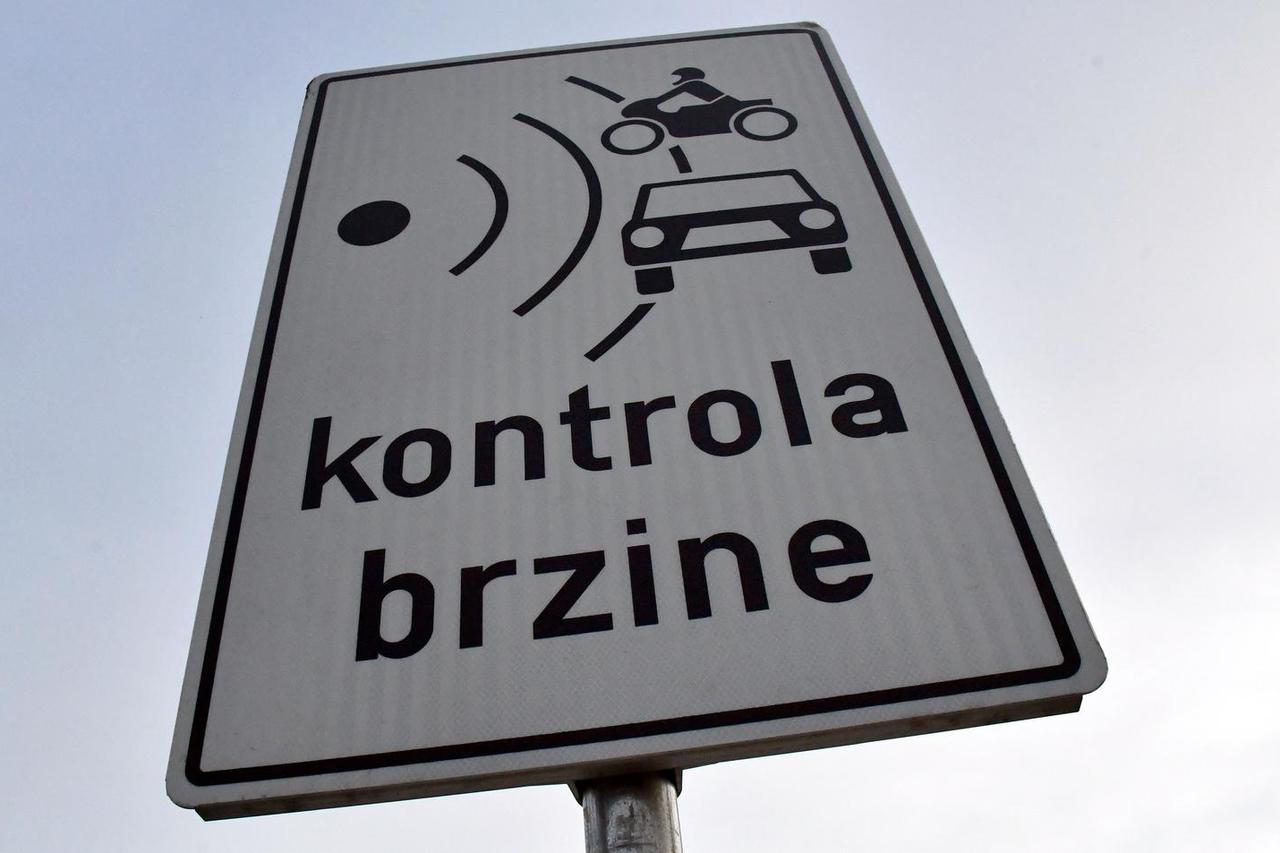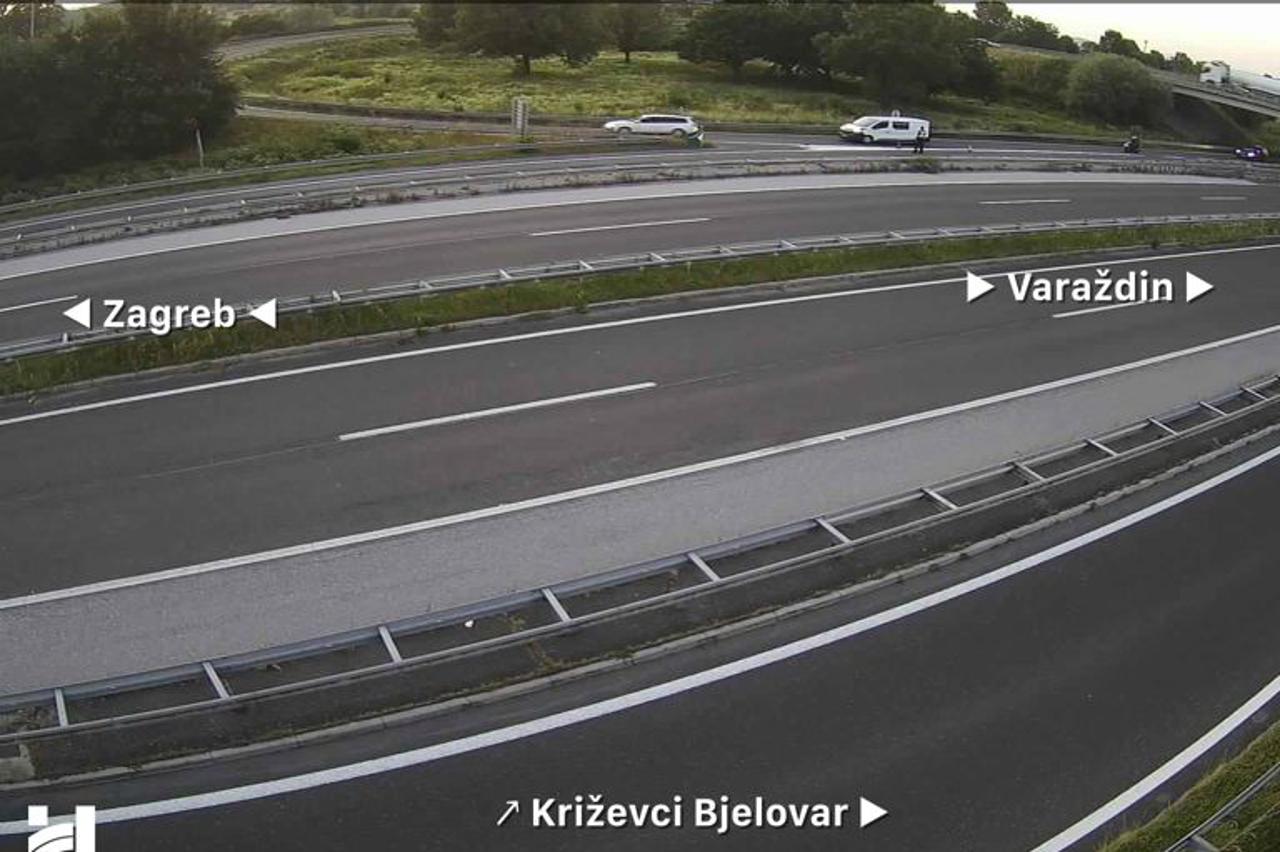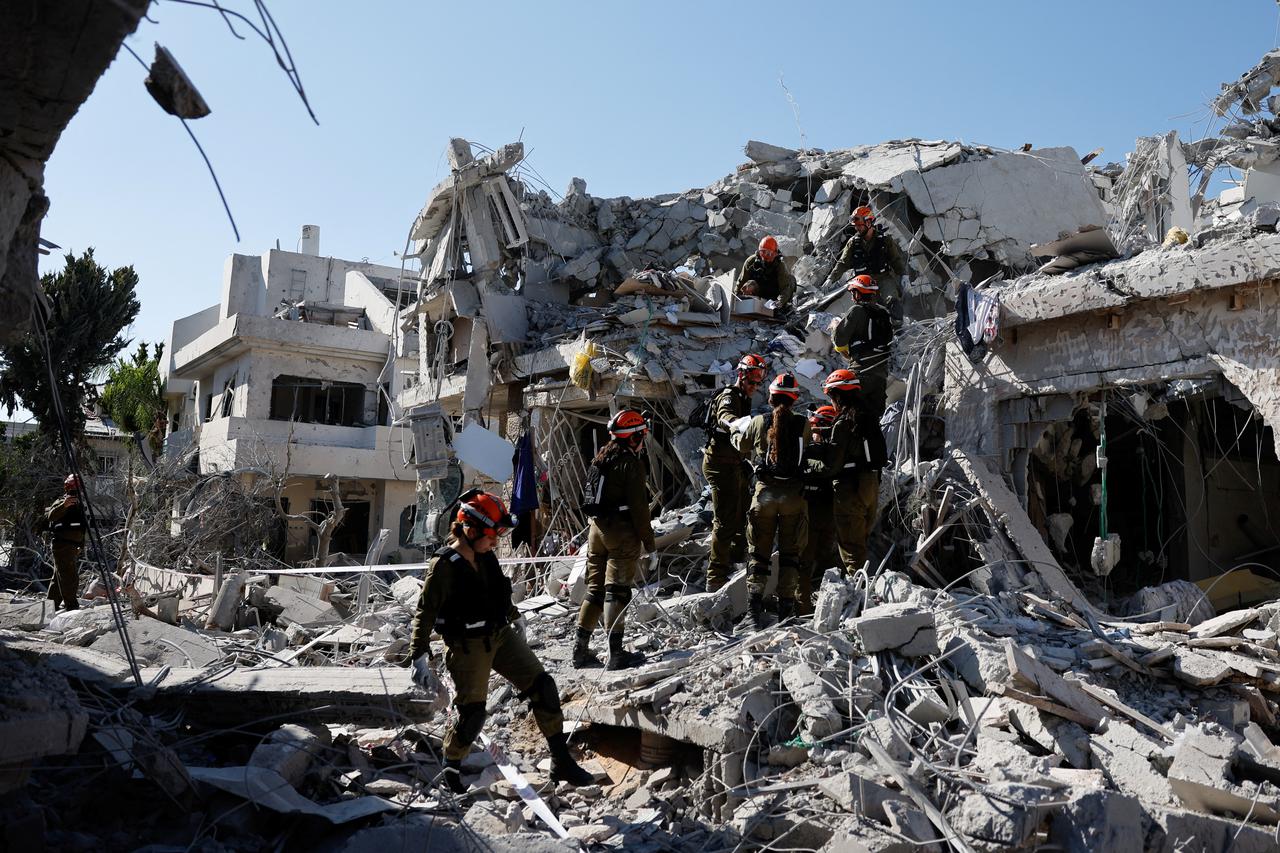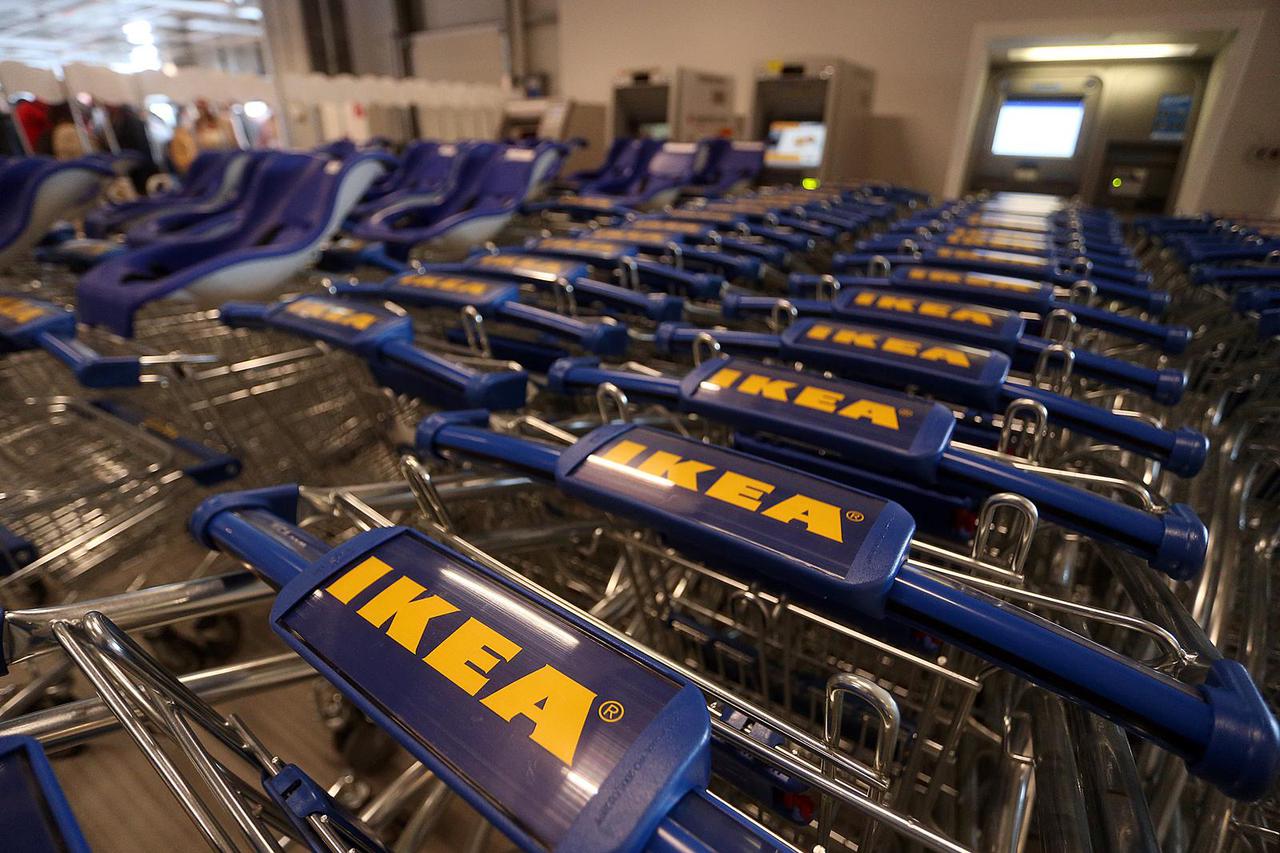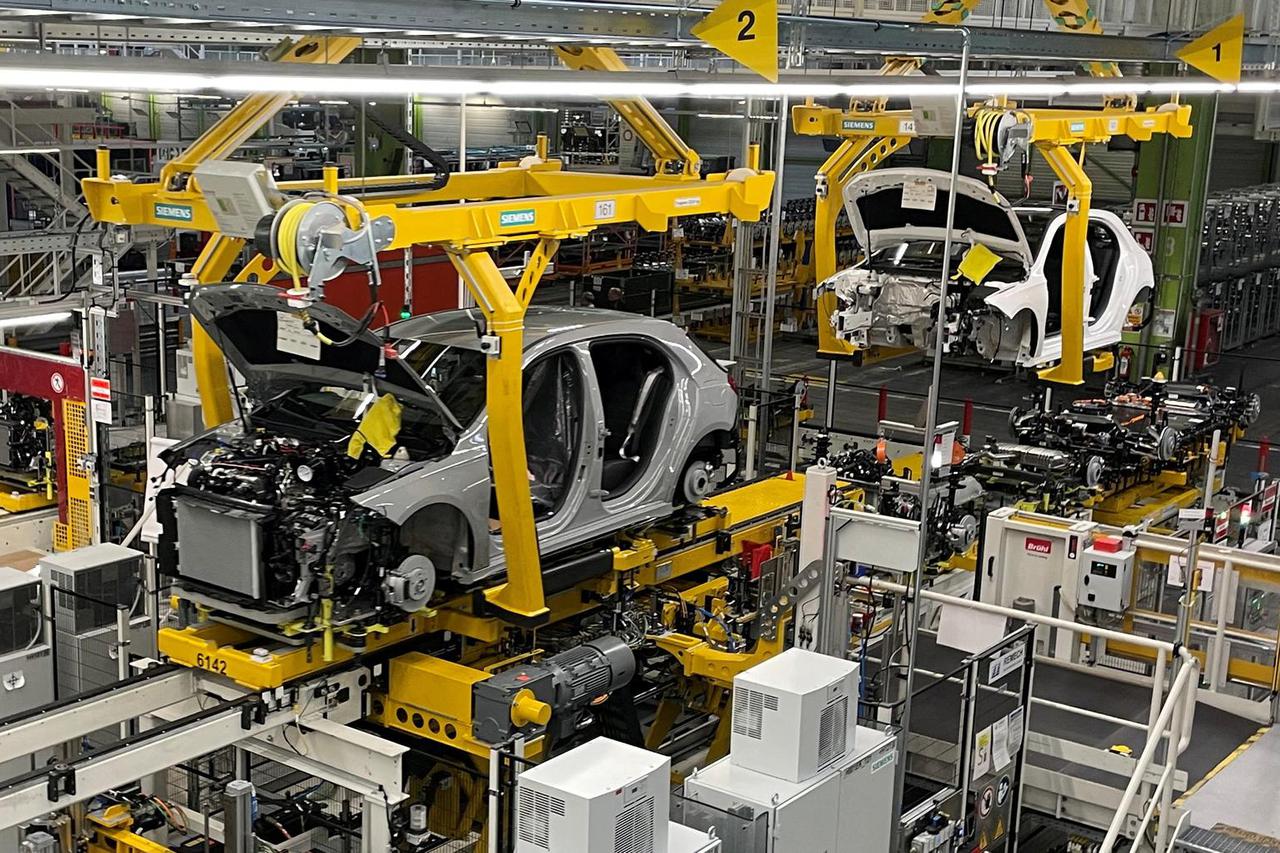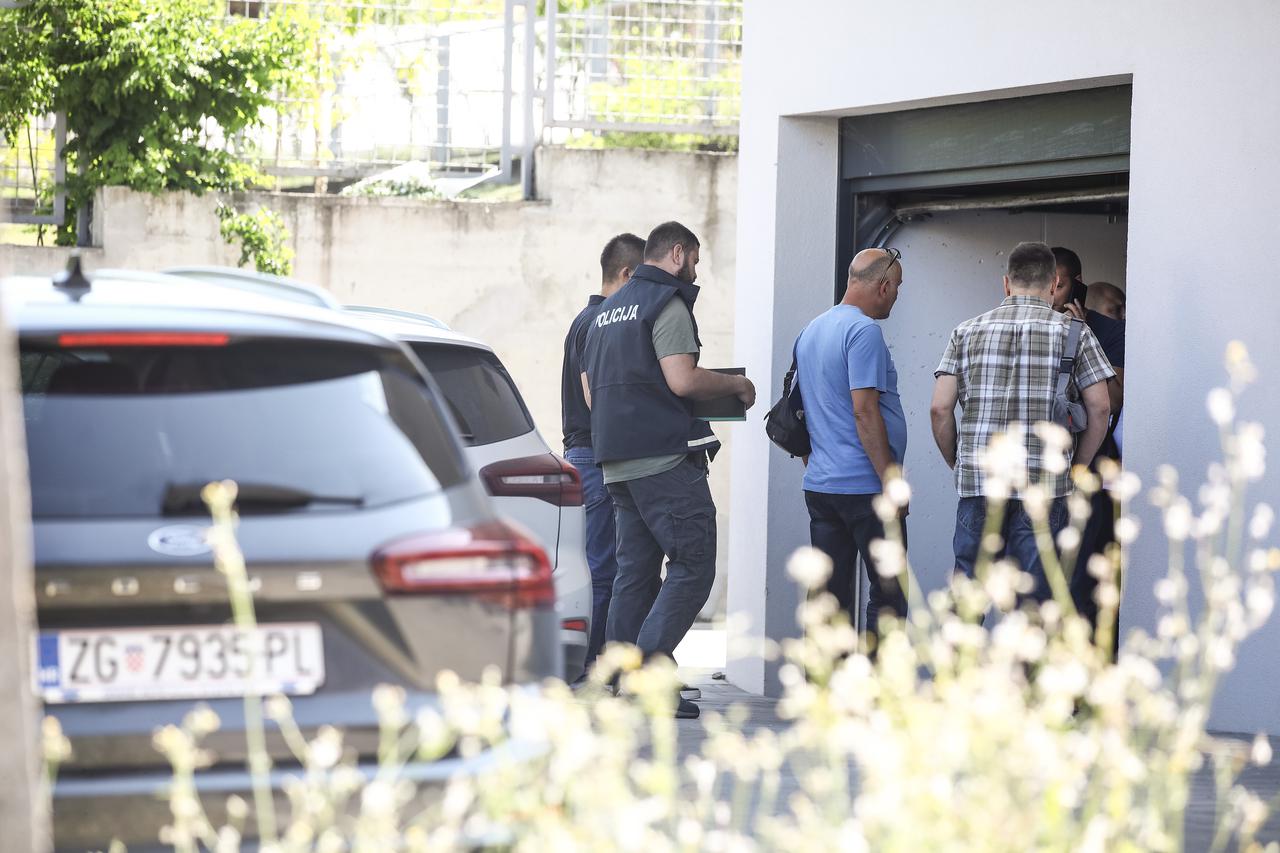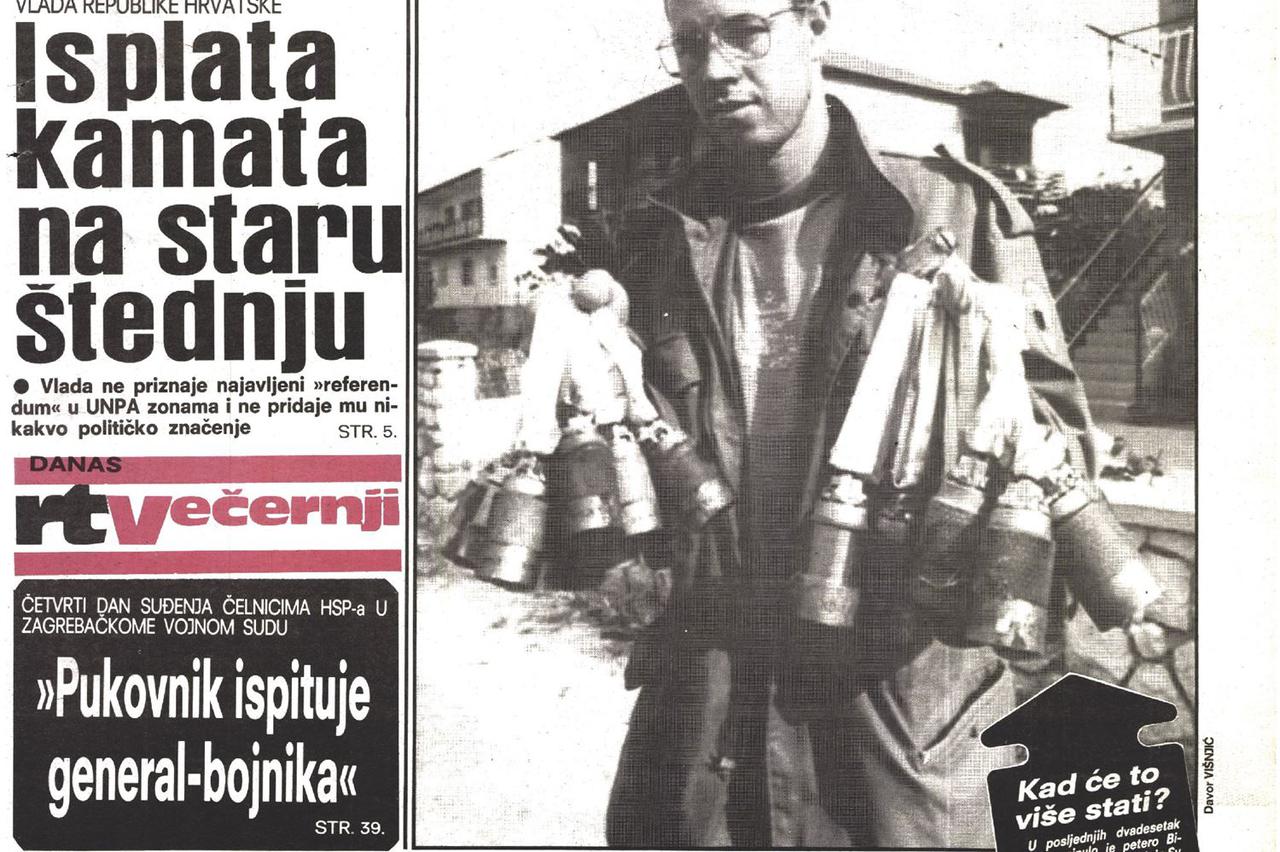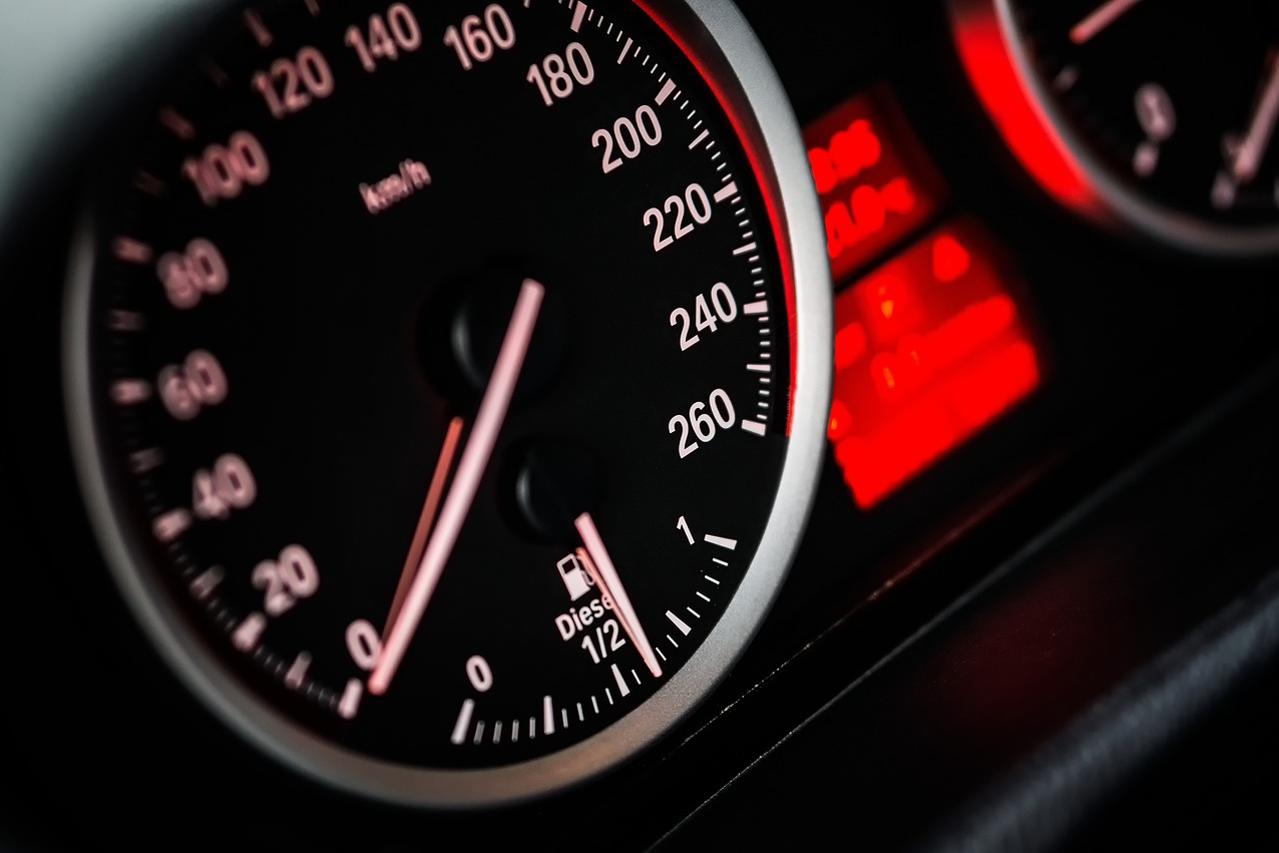Research shows that Croatia has relatively low monetary fines for speeding, which is associated with a higher rate of vehicle damage in the used car market. Fines for exceeding the speed limit by 15 km/h are about 60 euros, approximately 4.3% of the average monthly income. Compared to Scandinavian countries with high fines and low damage rates, Croatia and other Central and Eastern European countries have lower fines and higher damage rates. However, driving culture and driver awareness also play a significant role in traffic safety. Some countries use a system of daily fines based on driver income, which can result in very high fines for wealthier offenders. The high rate of damaged vehicles in Croatia’s used car market indicates a need for stricter fines and greater awareness of traffic safety.
Political Perspectives:
Left: Left-leaning sources tend to emphasize the social and economic impacts of low speeding fines, highlighting how insufficient penalties may contribute to unsafe driving behaviors and higher accident rates. They often call for stricter regulations and increased government intervention to improve road safety and protect vulnerable road users.
Center: Center-leaning sources present a balanced view, acknowledging the correlation between low fines and higher vehicle damage rates while also considering cultural factors and public awareness. They emphasize the importance of a comprehensive approach combining enforcement, education, and infrastructure improvements to enhance traffic safety.
Right: Right-leaning sources often focus on personal responsibility and the role of driver behavior rather than solely on the level of fines. They may argue that higher fines do not necessarily guarantee safer roads and stress the importance of individual accountability and efficient law enforcement without excessive government interference.

